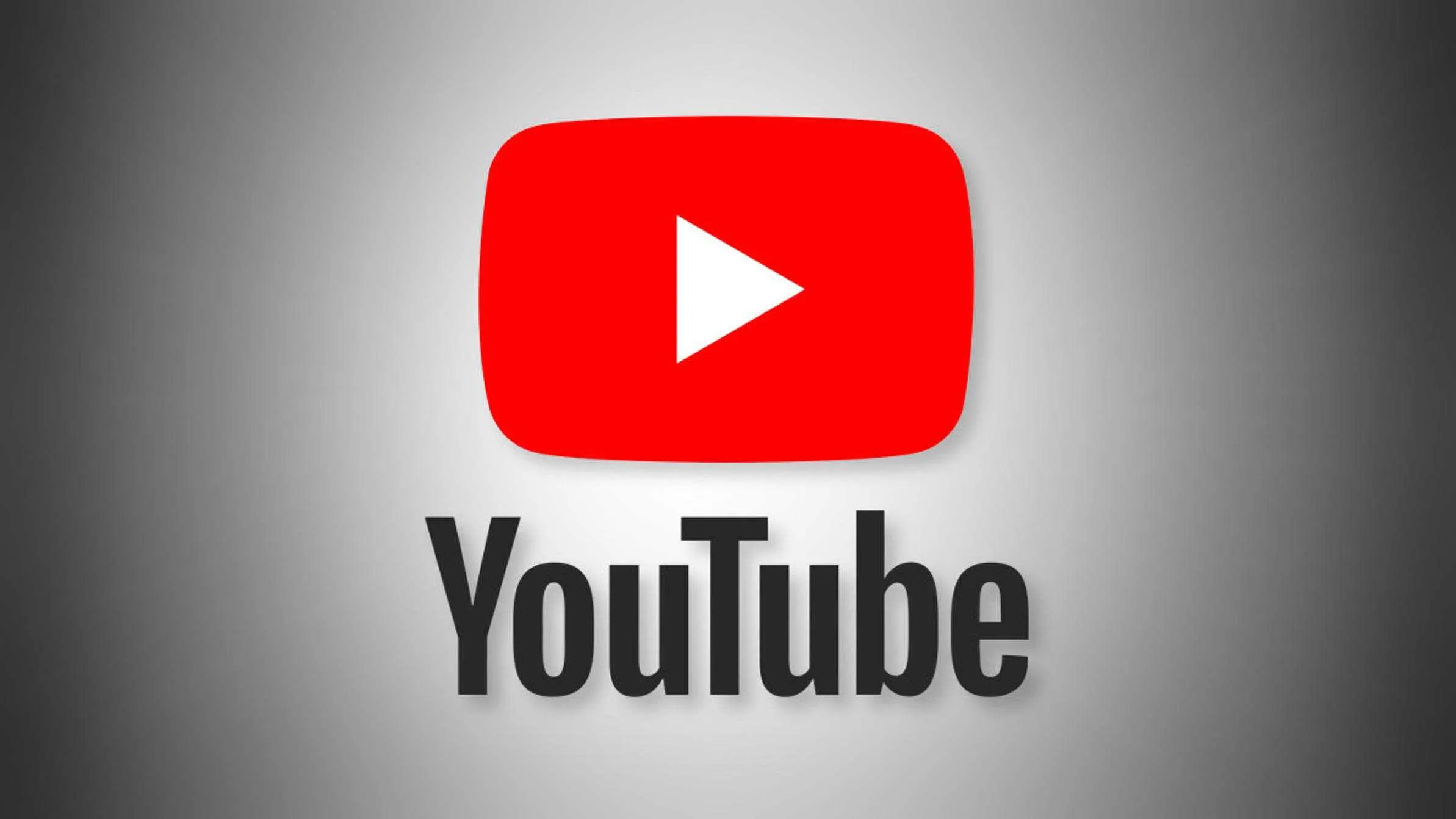Russia accuses YouTube of being an information warfare platform
TechWednesday, 30 March 2022 at 16:00

Russia's communications watchdog said on Tuesday it has drawn up two administrative cases against Google Inc for failing to remove banned information from its YouTube video-sharing platform and blatantly promoting false content. Russia's Federal Service for Supervision of Communications, Information Technology, and Mass Media (Roskomnadzor) said Google could be fined 8 million rubles ($92,000) for repeated violations. Furthermore, it could also fine Google 20 percent of its annual revenue in Russia.

Roskomnadzor said YouTube has become one of the key platforms in the "information war" against Russia. As of now, there is no official reply from Google. The situation is actually a bit complex considering that most of Google's services have been pulled out of Russia.
European supply chain hit hard - many industries and countries are at great risk
While tensions in European supply chains have eased recently, risks are rising again. Some industries and countries are more vulnerable due to material and labor shortages and soaring prices. The war between Russia and Ukraine will further exacerbate supply chain issues. This is affecting commodity prices as well as energy-dependent industries.
Senior Economist, Vaiva Seckute wrote that despite slower growth in delivery times and input prices, material and labour shortages in the EU industry, construction and services are at historically high levels. According to the European Commission business survey, more than 50% of industrial companies in the EU are facing shortages of materials and equipment, thus limiting production. Labour and material shortages in the construction industry have also increased significantly. In addition, the Russia - Ukraine war will also affect the transportation and supply of raw materials. This includes essential commodities like energy, food, and metals. It will also have a negative impact on production and prices.
The Russia - Ukraine war will further exacerbate supply chain disruptions through impacts on transportation, supply, and prices. The war has already sent energy prices soaring and affected the prices of metals and agricultural commodities. Europe counts Russia as a supplier of resources, especially in the refining and power generation, transportation services, base metals, and chemical industries.
The industries of emerging European economies are more dependent on the import of oil and gas from Russia. If oil and gas imports from Russia are less than 40%, Bulgaria, Lithuania, and Slovakia will lose the most. Bulgaria is the most vulnerable because of the country's large base metals industry. Its utility power generation and refined oil industries all rely on imports from Russia.
Popular News
Latest News
Loading



